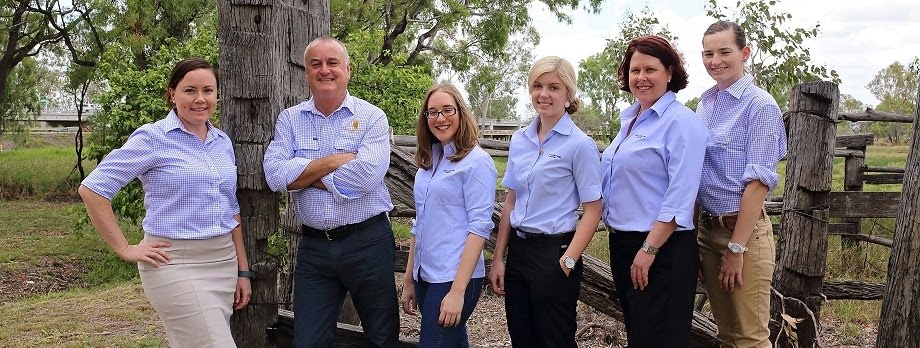What are
the current rights of Landholders in regard to Restricted Land?
At the moment, a
Mining Lease can be granted over Land that is "Restricted Land" only
if the owner of the land gives consent to the application for the Mining Lease.
"Restricted Land" means land that is within 100m of permanent
buildings used for accommodation or business, community or recreational
buildings. It also means land within 50m of a bore, dam, some water storage
facilities, cemeteries or burial places or a principal stockyard.
If a Landowner
won't give consent, then the application cannot be granted over the
"Restricted Land" areas. A Landowner with a property that had
Restricted Land was therefore put in better bargaining position with a Mining
Company.
Yes. The Bill
proposes changes in the types of infrastructure used to identify Restricted
Land. Only land within a "prescribed distance" of certain types of
buildings or infrastructure will be considered as Restricted Land. At this stage, we do not know whether that
"prescribed distance" is going to be the same as under the current
law, because the "prescribed distance" is yet to be written into the
regulations. The regulations have not been issued yet.
If the
Bill becomes new law and I have say a bore, will things change for me if a
Mining Lease is applied for?
Yes. The types
of infrastructure or buildings that are now considered to be "Restricted
Land" are changing. In the new
Bill, Restricted Land will mean land within the prescribed distance of a
residence, a place of worship, a childcare centre, hospital or library. It will
also include a school, a cemetery or burial place. An area within a prescribed
distance of intensive animal feedlotting, pig keeping, poultry farming and
aquaculture will become a restricted area. In other words, pretty much only
buildings are now protected, and definitely not watering facilities.


